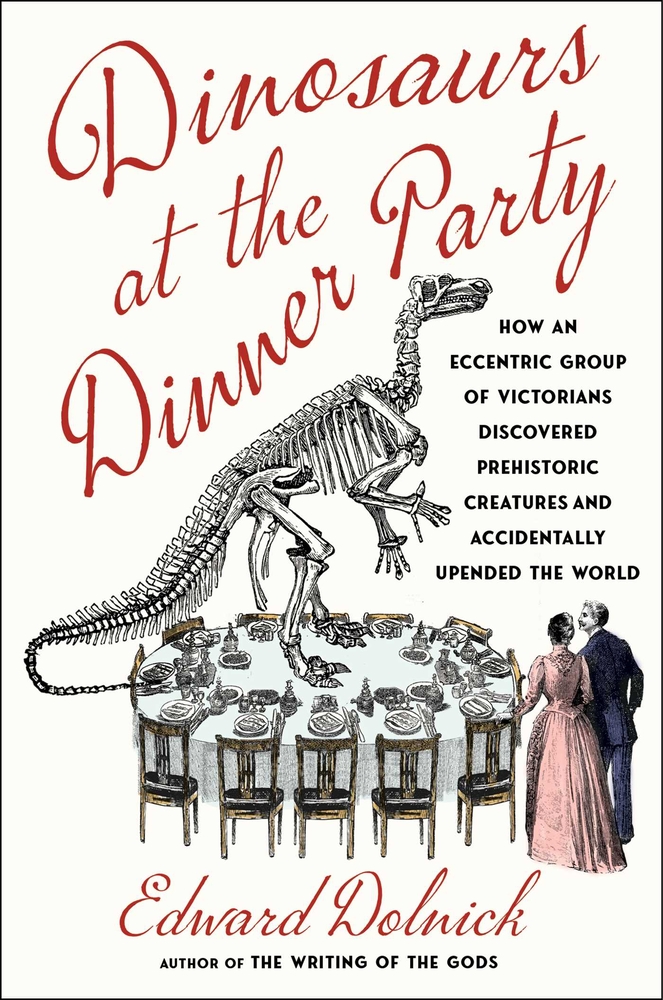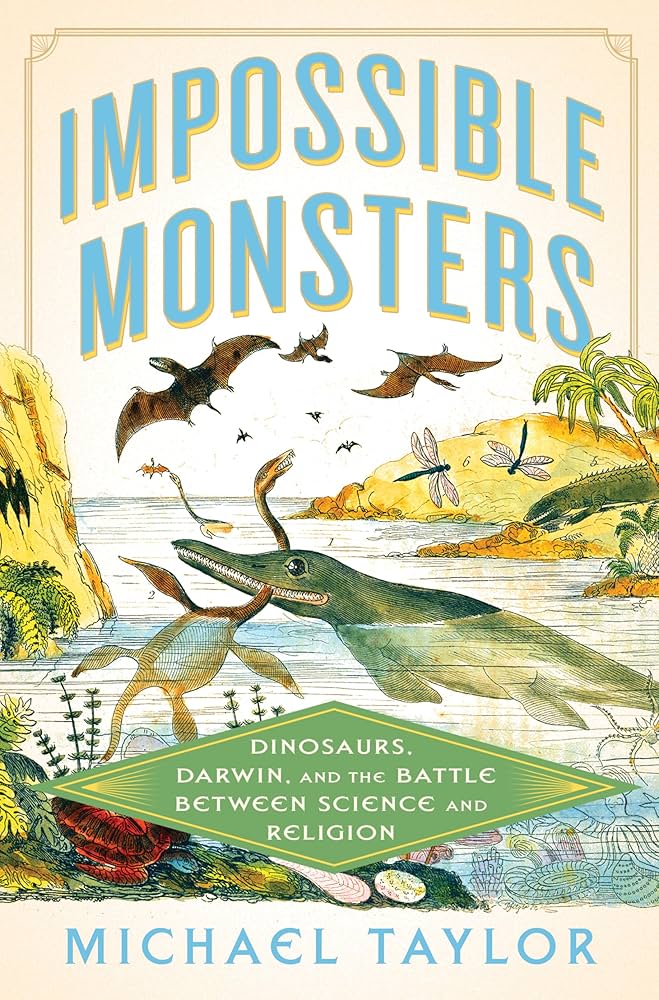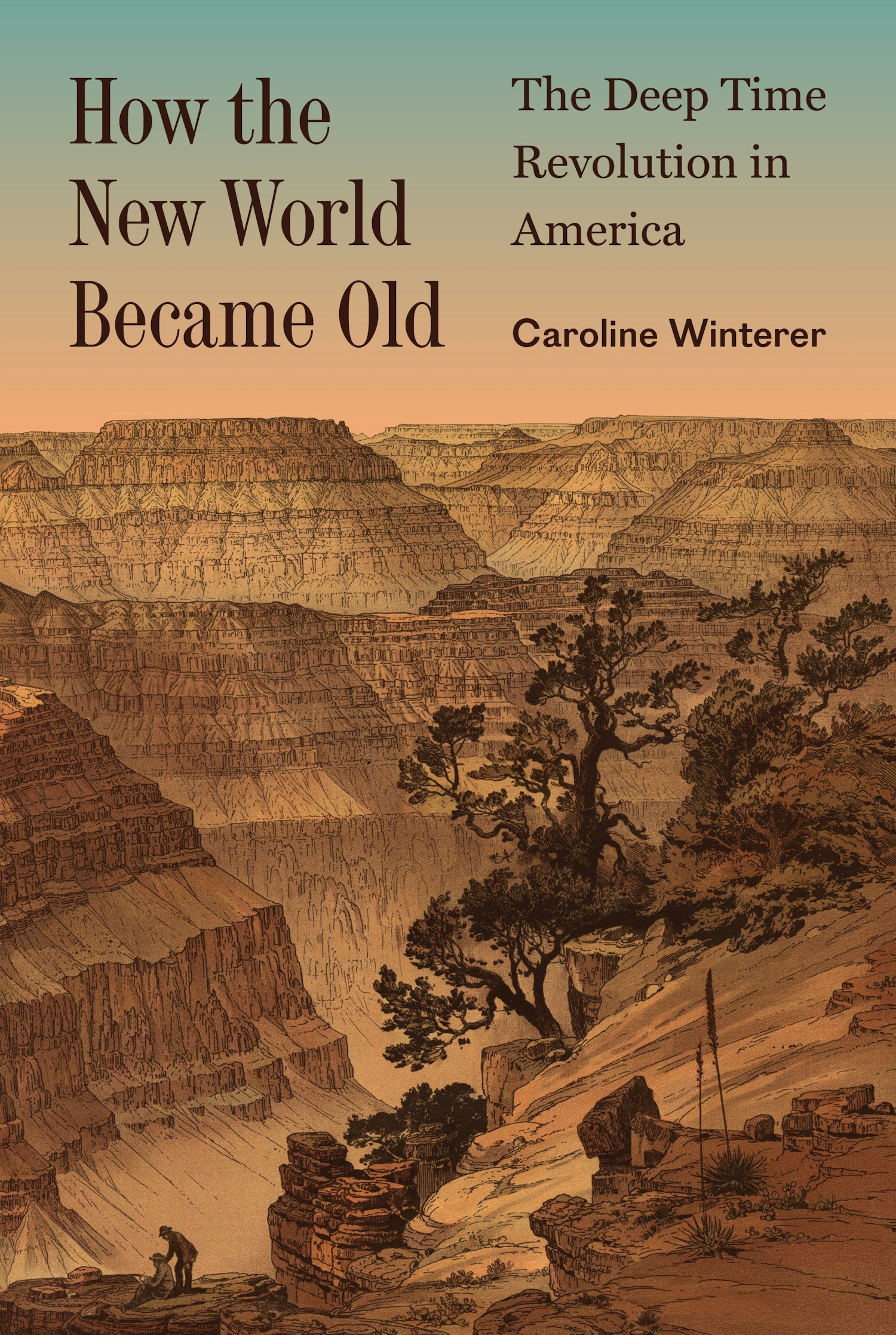By the time of Darwin’s death in 1882, secular scientists had won many of their theoretical battles against religious opponents and so faced less legal and social censure. Oxbridge lifted its religious restrictions in 1871, and new, well-funded research universities were founded with explicitly secular mandates. A scientific school started by Darwin’s ally Thomas Huxley—who coined the word agnostic to describe his religious skepticism—eventually gained royal consent, becoming part of Imperial College London. Huxley and his fellow scientists in the evolutionist X Club were a powerful force in the British establishment. All nine X Club members were highly decorated, and two received knighthoods from Queen Victoria.
Atheists and agnostics throughout Britain also made political gains over the same period. Charles Bradlaugh, an atheist activist, viewed paleontology and geology as tools in his fight against the Church of England. He founded the National Secular Society in the mid-1860s, lecturing at its Hall of Science to London tradesmen and artisans. When he was elected to Parliament in 1880, Bradlaugh refused to recite the Oath of Allegiance, which was required to take a parliamentary seat—because it included the phrase “So help me God.” The speaker of the House of Commons prevented him from joining the legislature until 1886; in the meantime, Bradlaugh had won four by-elections.
In How the New World Became Old, Caroline Winterer, a historian of science at Stanford University, offers a less triumphant account of science’s relation to religious authority. She writes that in the United States, the distant past was not an argument in favor of secularism but “a new way to talk about God.” In 1851, Edward Hitchcock, a prominent American geologist who taught at Amherst, wrote that Earth’s millions of years of history could give people “more exalted conceptions of the divine plans and benevolence than could possibly be obtained within the narrow limits of six thousand years.” Two decades later, Princeton geologists made the same argument when biblical literalists tried to resurrect James Ussher’s date of Creation of 4004 BC.
Winterer discusses the important discoveries in the 1860s and ’70s of new dinosaur species in the marl pits of southern New Jersey and on the Midwestern prairies. But her book isn’t primarily about dinosaurs. She ranges widely in the scientific literature of the 19th and early 20th centuries, addressing various ways that deep time was used to strengthen claims to American exceptionalism. A vast array of extinct species was drafted into these patriotic campaigns, including trilobites, megafauna (giant mammals that arose after the demise of the dinosaurs), ancient horses, and early humans. Scientists argued that the new nation’s fossil deposits were richer than Europe’s and its geological formations more ancient. The presence of rich coal deposits was seen as a sign that the country’s economic might had been foreordained hundreds of millions of years ago in the Carboniferous Period.


